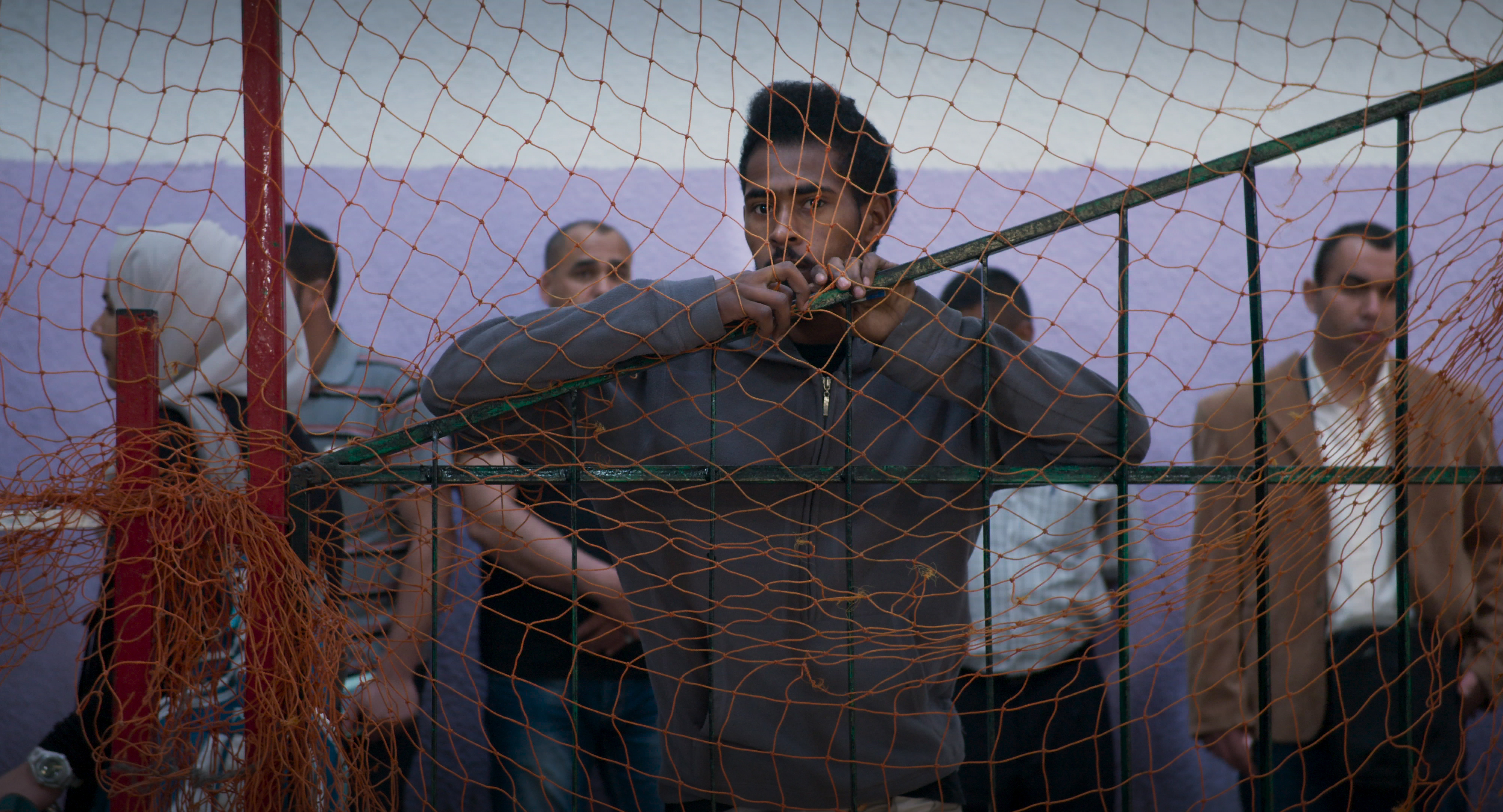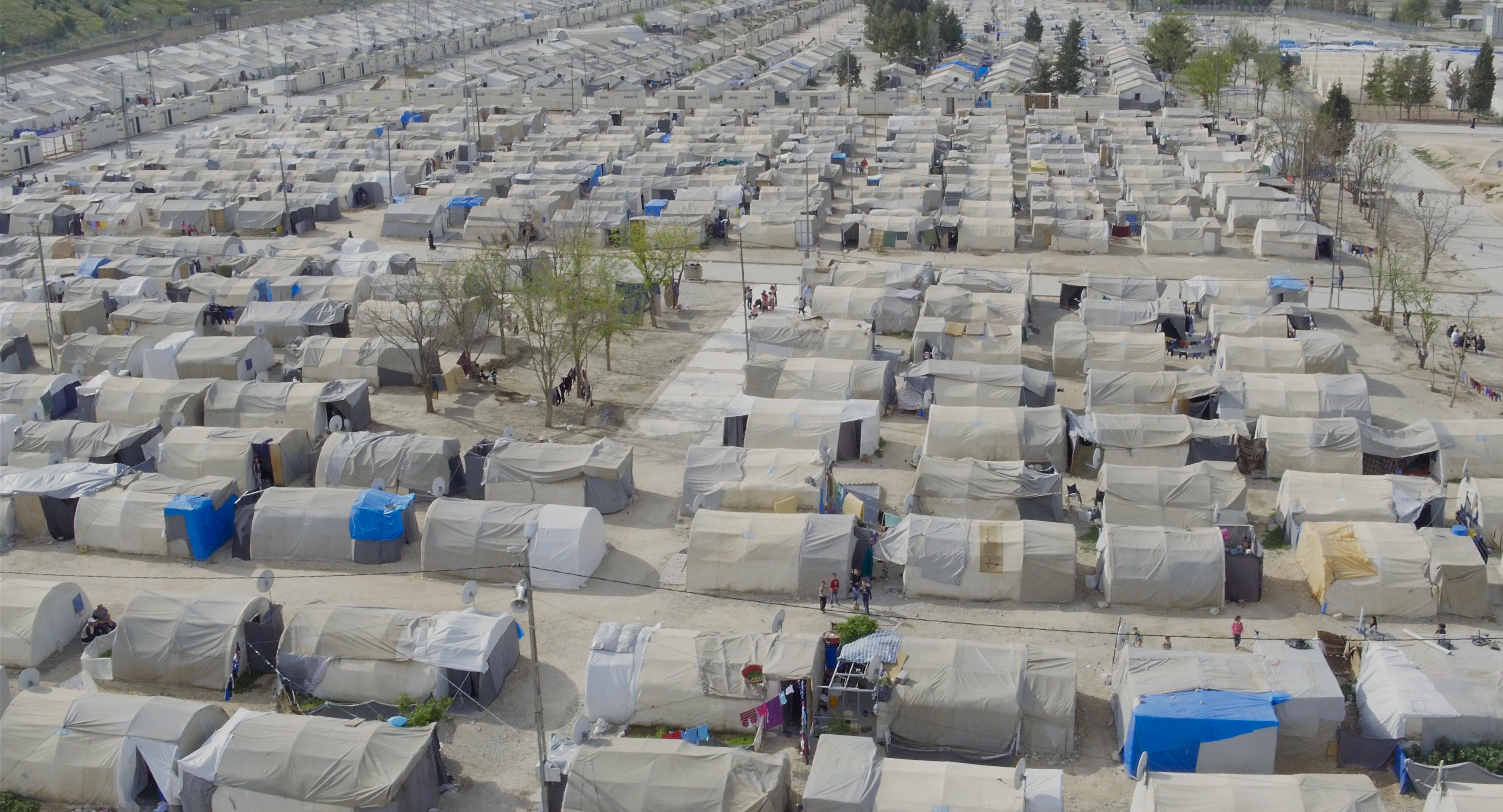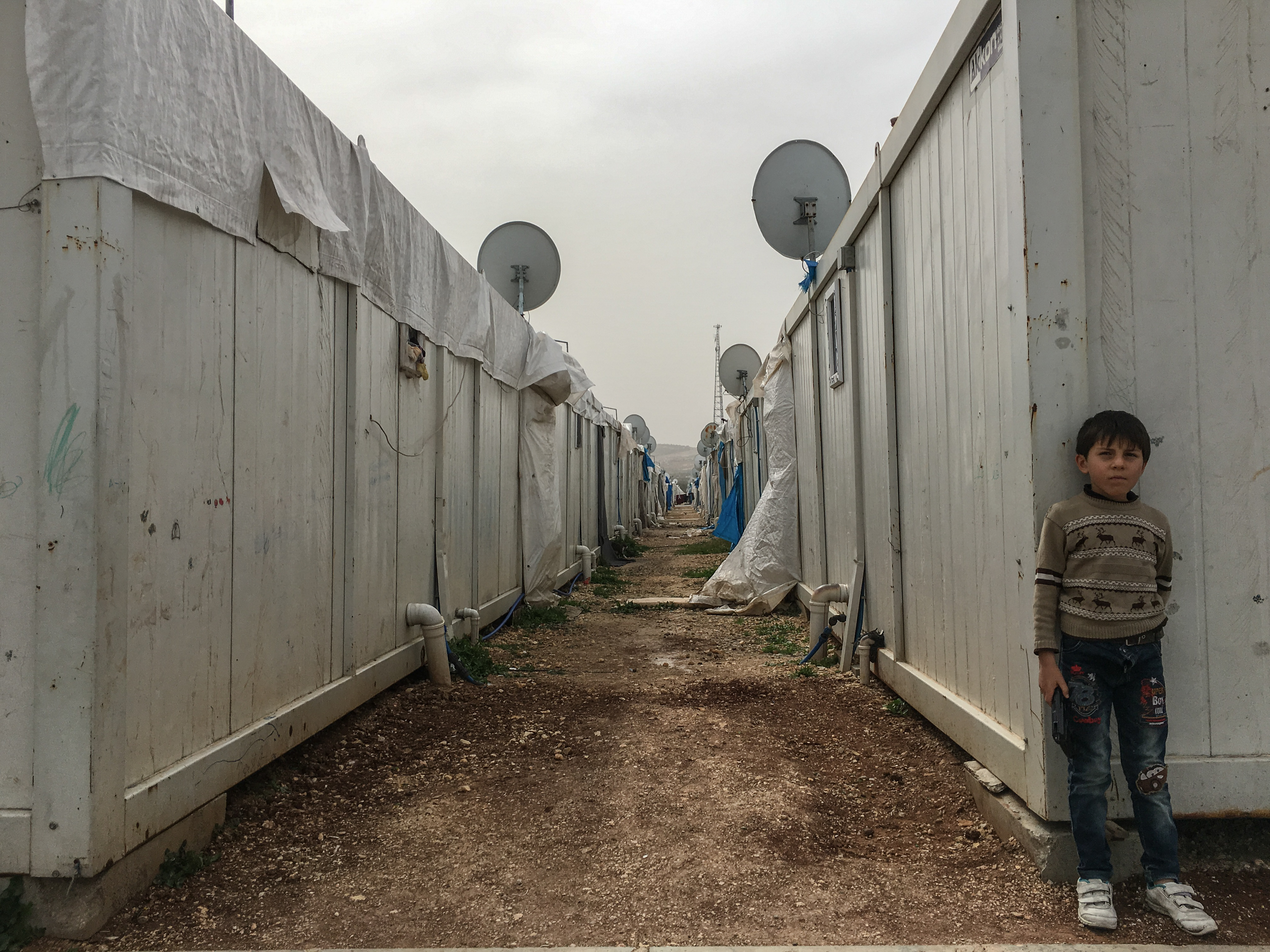Ai Weiwei, the Chinese activist, dissident, artist and exile’s new film “Human Flow” focuses on the people the world
would rather forget: refugees. The film spans the globe, following stories from Afghanistan to Greece to Mexico.
Interviewer: How did people become scared of refugees?
Ai Weiwei: There is no one who willingly leaves their home. No one gives up everything they are familiar with, such
as their language or religion, without being compelled by force. Every refugee in this world is forced out, like a tree
pulled out of the ground by a storm. We see how tragic nature can appear after a large storm passes through. The
human tragedy is a hundred times greater since we can share the sadness and hardships those people experience. We
can see how those men, women and children have lost their life support and safety; we can see that they are seeking
shelter but cannot find one. We also see people intentionally turning their faces away and coming up with all kinds of
reasons to not act. The only conclusion that can be drawn is that there is a lot of inhumanity, cowardice and
selfishness within us.
Can the arts and artists change the world more than politics and politicians?
Art is very important as a mental activity because it relates to the health of morality and philosophy. The
understanding of art can profoundly affect a human’s emotions, behavior and rational judgment. Without art, the
condition of rationality would be poor and would not reflect human emotions. In that sense, art not only changes
society but is the main ingredient of society.
People know there is a migration crisis going on, but these problems can feel far away. How can we connect
with them?
The best qualities we have are empathy and the ability to help others. Humanity becomes an empty word when those
qualities are not applied. There have always been people who are unfortunate or victimized by those who profit from
the established system. Only by creating an understanding that humanity is one—that it needs to be shared and
protected by everyone—can we begin to improve this situation.
Once a society has established human rights and freedom of speech, does it inevitably forget about others still
fighting for theirs?
The world is divided, and not only because of territory, religious differences or economic inequality. It is also divided
in its understanding of humanity’s needs. Without being well-informed or really understanding the true human
condition, there can be no challenge of our own ideology. That ideology—if it has any value—must be challenged.
Liberty and freedom are not empty words. They are values that not only need protecting but redefinition—a new
context and new meaning. There is no such thing as liberty or freedom; we inject the meaning. This requires every
generation and every individual’s effort.
But do individuals have any power?
The individual has the ultimate power in deciding their fate and the kind of society they live in. This thinking is why
the West has developed faster than other places during the last hundred years. Science and creativity, knowledge
and imagination, have been well protected and nurtured. More importantly, those social ideologies and benefits must
come back to an individual. An individual is not only someone who initiates a better understanding but is also a
beneficiary of that understanding.
At the moment, there is the biggest displacement of people since World War II—is the world currently waging a
war of a different kind, not always to do with conflict but concerning inequality, prejudice and the
environment?
We can see there is a war waged against human values. By sacrificing the weakest and most vulnerable people—those
who are poorly educated, displaced and powerless—this is a challenge to civilization, our functioning democratic
societies and our vision of the future for humans. This is probably the biggest challenge humans have ever met—less
obvious than bloodshed but one that has left a deep psychic wound.
Would the costs of helping be eclipsed by the price we’d have to pay by not helping?
The true cost of not helping is not simply leaving those in need in the dark—rather, you can see the deterioration of
human society. You can see the best parts of the human mind wasted due to short-sightedness, profit-seeking,
cowardice and selfishness. This is truly tragic for an individual and for society.
Is the concept of borders between different areas of land absurd?
There will always be borders as long as there are rich and poor and as long as there are fast-developing nations and
those that are less motivated. Borders are like physical mountains and rivers. They will not disappear any time soon.
However, there are even more severe borders in people’s hearts and minds, which can stop humanity’s ability to
come together as one.
Courtesy of INSP.ngo / The Big Issue UK





Leave a Reply
You must be logged in to post a comment.